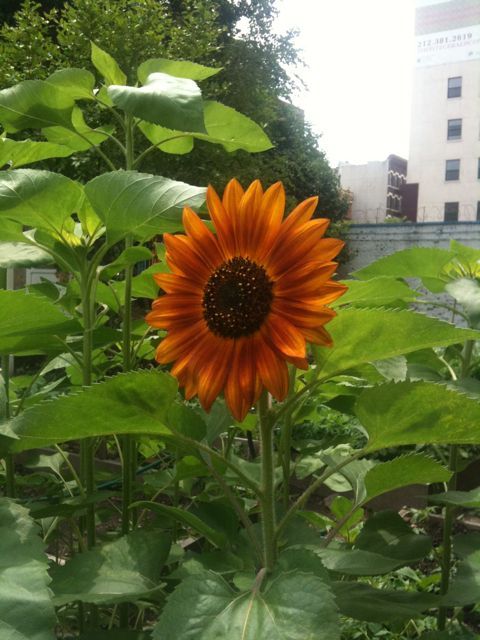Join us in the garden Monday, July 5th starting at 2p.m. Share food and garden stories as we celebrate a new year for Steve.
Garden Calendar
Search
Blogroll
- American Community Gardening Association
- Black Farmers and Urban Gardeners Conference
- Brooklyn Botanic Garden
- Citizens Committee for New York City
- City Chickens Article
- City Harvest
- Cloisters Garden Blog
- Community Garden Locator
- Farming Concrete
- First issue of our newsletter
- Garden Cooperation
- Garden Maps
- Garden Mosaics Cornell
- Green Guerillas
- Green Thumb
- GrowNYC
- Harlem Community Farm Share
- Just Food
- National Gardening Association
- New York City Community Gardens Coalition
- New York Restoration Project
- New York State Department of Agriculture and Markets Community Garden Program
- NY Food Museum
- NYC Department of Parks and Recreation
- Queens Botanical Gardens
- Request a Street Tree in NYC
- Seeds to Soil
- Soil Testing by Brooklyn College
- The Horticultural Society of New York
- The New York Botanical Garden Home Gardening
- Trees New York
- TRUCE
- Urban Garden Center
- Veggie Trader
- Vertical Gardening Ideas
- Vincent the Vegetable Vampire from The Electric Company
- West 123rd Street Garden
- WHINGS
Archives
- June 2014
- August 2012
- July 2012
- June 2012
- April 2012
- March 2012
- January 2012
- October 2011
- September 2011
- August 2011
- July 2011
- May 2011
- April 2011
- March 2011
- February 2011
- January 2011
- November 2010
- October 2010
- September 2010
- August 2010
- July 2010
- June 2010
- May 2010
- April 2010
- March 2010
- February 2010
- January 2010
- November 2009
- October 2009
- September 2009
- August 2009
- July 2009
- June 2009
Blogroll
- American Community Gardening Association
- Black Farmers and Urban Gardeners Conference
- Brooklyn Botanic Garden
- Citizens Committee for New York City
- City Chickens Article
- City Harvest
- Cloisters Garden Blog
- Community Garden Locator
- Farming Concrete
- First issue of our newsletter
- Garden Cooperation
- Garden Maps
- Garden Mosaics Cornell
- Green Guerillas
- Green Thumb
- GrowNYC
- Harlem Community Farm Share
- Just Food
- National Gardening Association
- New York City Community Gardens Coalition
- New York Restoration Project
- New York State Department of Agriculture and Markets Community Garden Program
- NY Food Museum
- NYC Department of Parks and Recreation
- Queens Botanical Gardens
- Request a Street Tree in NYC
- Seeds to Soil
- Soil Testing by Brooklyn College
- The Horticultural Society of New York
- The New York Botanical Garden Home Gardening
- Trees New York
- TRUCE
- Urban Garden Center
- Veggie Trader
- Vertical Gardening Ideas
- Vincent the Vegetable Vampire from The Electric Company
- West 123rd Street Garden
- WHINGS







